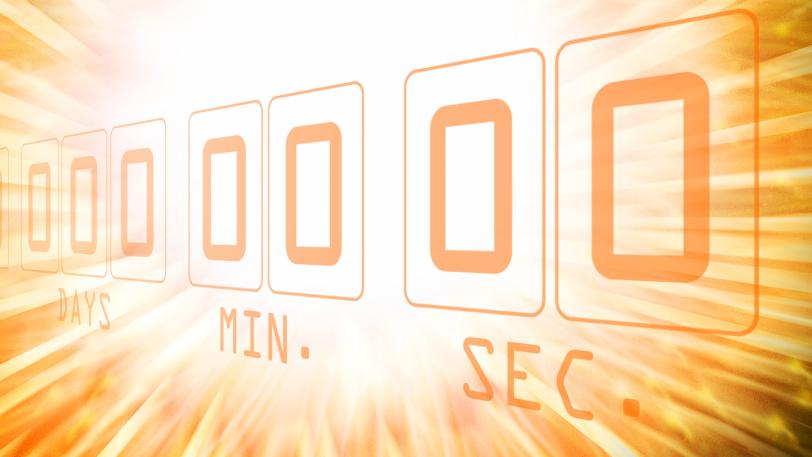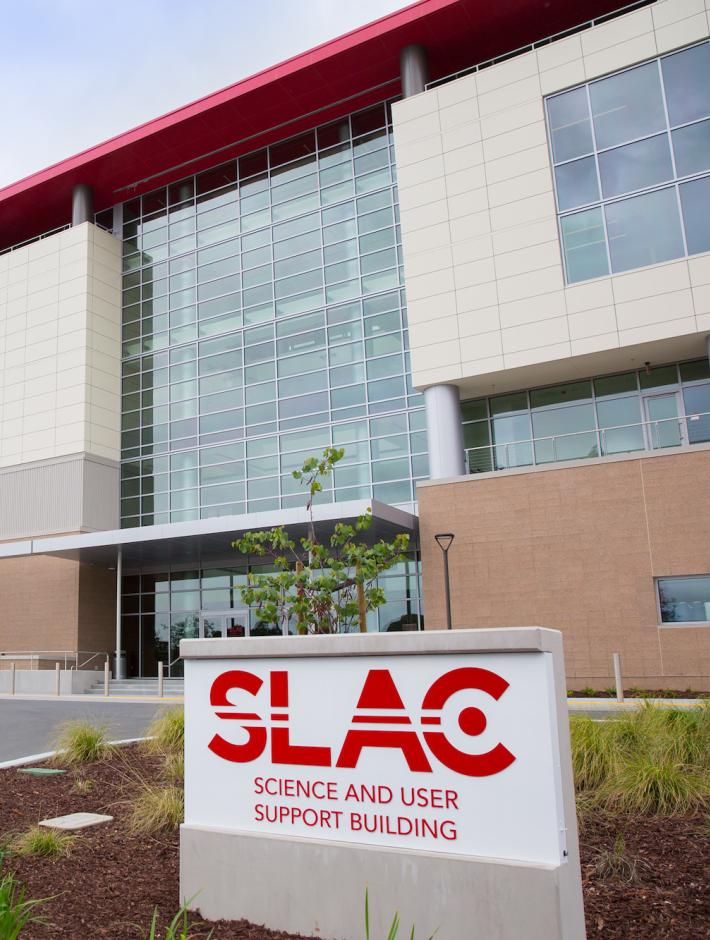Imagine taking a ball of hot plasma more massive than the sun and suddenly compressing it to a super-dense object the size of a city. This sounds like science fiction, yet it is exactly what happens in the centers of massive stars, causing them to explode so violently that they briefly release as much light as an entire galaxy. These supernova explosions have shaped the universe as we know it and created many of the chemical elements around us. It turns out that tiny, elusive elementary particles called neutrinos play a crucial role in these explosions. Only two dozen supernova neutrinos have ever been detected, but thousand more are expected to be seen in giant underground detectors of the future. This lecture describes the part neutrinos play in one of the universe’s most dramatic events, and outline what scientists expect to learn by capturing bursts of neutrinos from the next galactic supernova.
Supernovas: Gravity-powered Neutrino Bombs
Presented by Alex Friedland
About Alex Friedland
Alex Friedland studied physics first at the Moscow Institute of Physics and Technology and later as a graduate student at the University of California, Berkeley. He became fascinated with neutrinos from supernova explosions while a postdoctoral researcher at the Institute for Advanced Study in Princeton, NJ. He continued exploring the rich physics of supernova neutrinos at Los Alamos National Laboratory, first as a Richard P. Feynman Fellow and then as a permanent staff scientist. In 2015 Friedland became a senior staff scientist at SLAC, where he explores neutrinos in the lab, in stars and in the early universe and pursues broader questions in particle physics and astrophysics.
Supernovas: Gravity-powered Neutrino Bombs
Presented by Alex Friedland

Supernovas: Gravity-powered Neutrino Bombs
11:30 a.m.–12:30 p.m. PST

Coming to SLAC
Free admission
Registration may be required.
Identification required
Adults are required to bring a REAL ID to enter the SLAC campus.
Limited seating
For events in the Kavli Auditorium, seating is limited. Please arrive early to join the event on time.
Free parking
SLAC offers free parking in our visitor parking lot.
Bags
In order for SLAC to provide a safe environment for the public and our employees, and expedite access to the event, no bags or backpacks larger than 12"x6"x12" will be allowed inside the venue. Exceptions to this policy will be made for all medically necessary items after proper inspection and for SLAC-badged staff.
Accessibility
SLAC facilities meet American Disability Act requirements for accessibility. If you need assistance, please notify our security officers as you enter SLAC’s main gate, and they will direct you to a parking area and assist or escort you to the auditorium.
Getting here
SLAC is located at 2575 Sand Hill Road, Menlo Park, California, 94025. Please visit our Maps and directions page for driving directions.
If you have specific questions or concerns about attending an event at SLAC, please contact us.